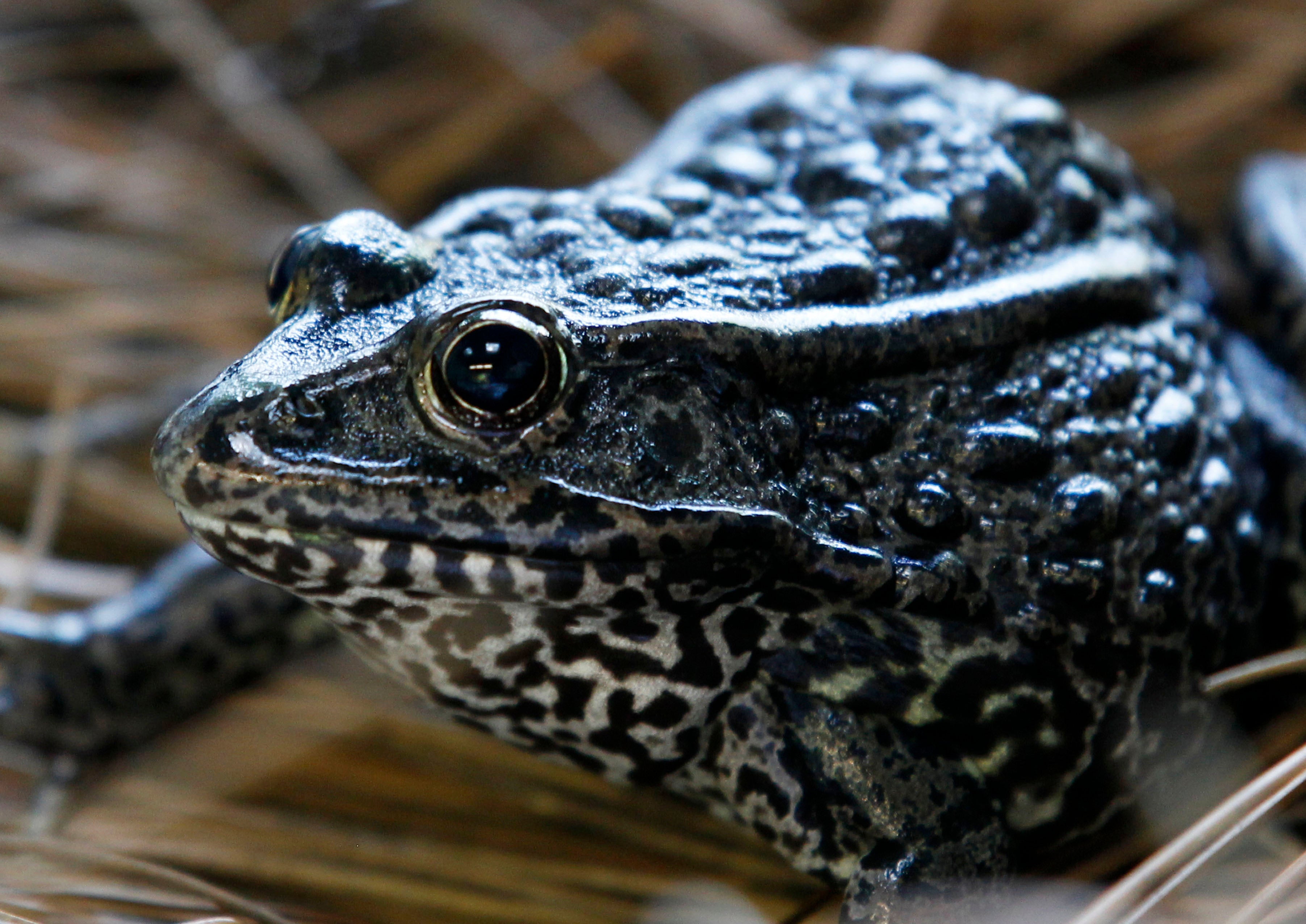Wildlife agencies to cancel Trump endangered species rules
President Joe Biden’s administration is canceling two environmental rollbacks under former President Donald Trump that limited habitat protections for imperiled plants and wildlife

Your support helps us to tell the story
From reproductive rights to climate change to Big Tech, The Independent is on the ground when the story is developing. Whether it's investigating the financials of Elon Musk's pro-Trump PAC or producing our latest documentary, 'The A Word', which shines a light on the American women fighting for reproductive rights, we know how important it is to parse out the facts from the messaging.
At such a critical moment in US history, we need reporters on the ground. Your donation allows us to keep sending journalists to speak to both sides of the story.
The Independent is trusted by Americans across the entire political spectrum. And unlike many other quality news outlets, we choose not to lock Americans out of our reporting and analysis with paywalls. We believe quality journalism should be available to everyone, paid for by those who can afford it.
Your support makes all the difference.President Joe Biden s administration is moving to cancel two environmental rollbacks under former President Donald Trump that limited habitat protections for imperiled plants and wildlife.
The proposal to drop the two Trump-era rules was slated to be announced Tuesday by the U.S. Fish and Wildlife Service and National Marine Fisheries Service. It's part of a broad effort by the Biden administration to undo rules imposed under Trump that favored industry over the environment.
The designation of lands and waters as critical for the survival of vulnerable species can limit mining, oil drilling and other development. That's made the designations a flashpoint for conflict between environmental and business interests.
Industry groups and Republicans in Congress have long viewed the Endangered Species Act as an impediment to economic development. Under Trump, they successfully lobbied to weaken the law’s regulations.
Assistant Secretary for Fish and Wildlife and Parks Shannon Estenoz said Tuesday's proposal would bring the endangered species law “back into alignment with its original intent and purpose — protecting and recovering America's biological heritage for future generations.”
The rule changes under Trump were finalized during his last weeks in office, meaning they've had little time to make a significant impact.
One allows the government to deny habitat protections for endangered animals and plants in areas that could see greater economic benefits from development. Democratic lawmakers and wildlife advocates complained that would open lands to more drilling and other activities.
The other rule provided a definition of “habitat” that critics charged would exclude locations species might need to use in the future as climate change upends ecosystems.
The two rules came in response to a 2018 U.S. Supreme Court ruling involving a highly endangered Southern frog — the dusky gopher frog.
In that case, a unanimous court faulted the government over how it designated “critical habitat” for the 3 ½-inch-long (8.9-centimetre-long) frogs that survive in just a few ponds in Mississippi.
The ruling came after a timber company, Weyerhaeuser, had sued when land it owned in Louisiana was designated as critical in case the frogs returned there in the future.
Trump officials described the changes as giving more deference to local governments when they want to build things like schools and hospitals.
But the rules allowed potential exemptions from habitat protections for a much broader array of developments, including at the request of private companies that lease federal lands or have permits to use them. Government-issued leases and permits can allow energy development, grazing, recreation, logging and other commercial uses of public lands.
Animals potentially affected by the changes include the struggling lesser prairie chicken, a grasslands bird found in five states in the south-central U.S., and the rare dunes sagebrush lizard that lives among the oil fields of western Texas and eastern New Mexico, wildlife advocates said.
___
Follow Matthew Brown on twitter: @MatthewBrownAP